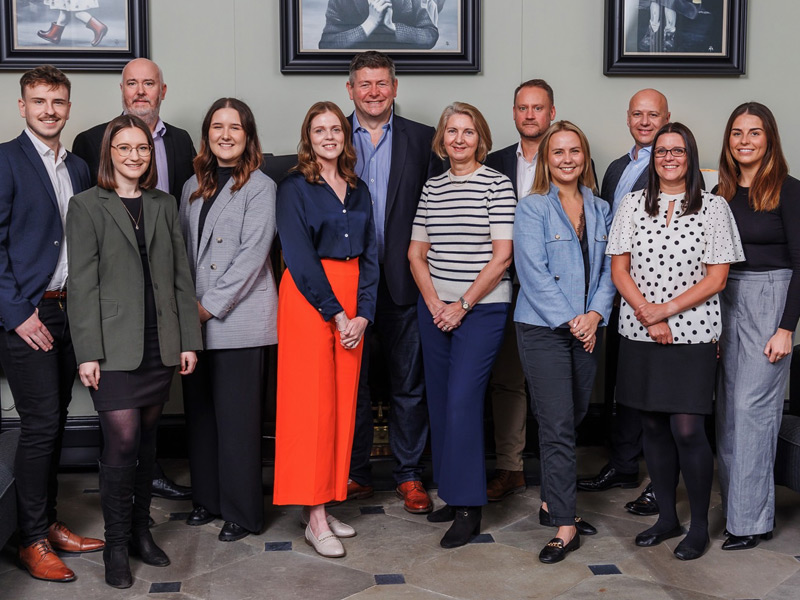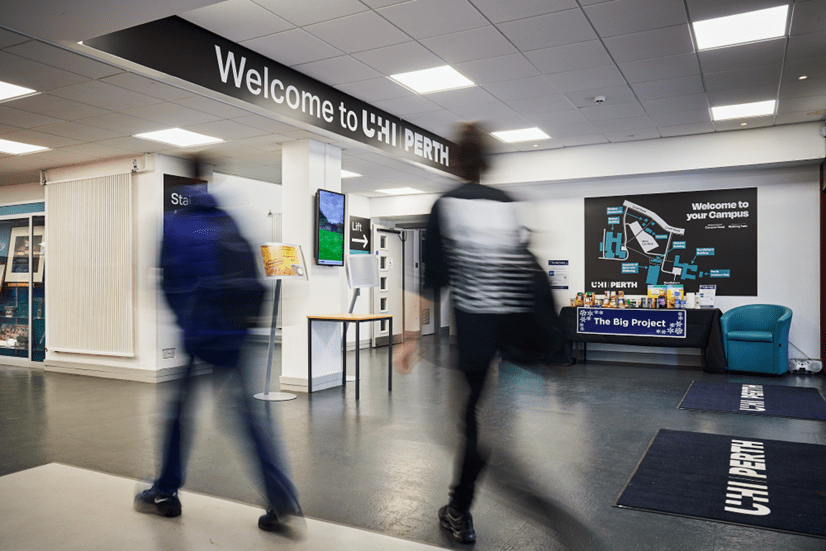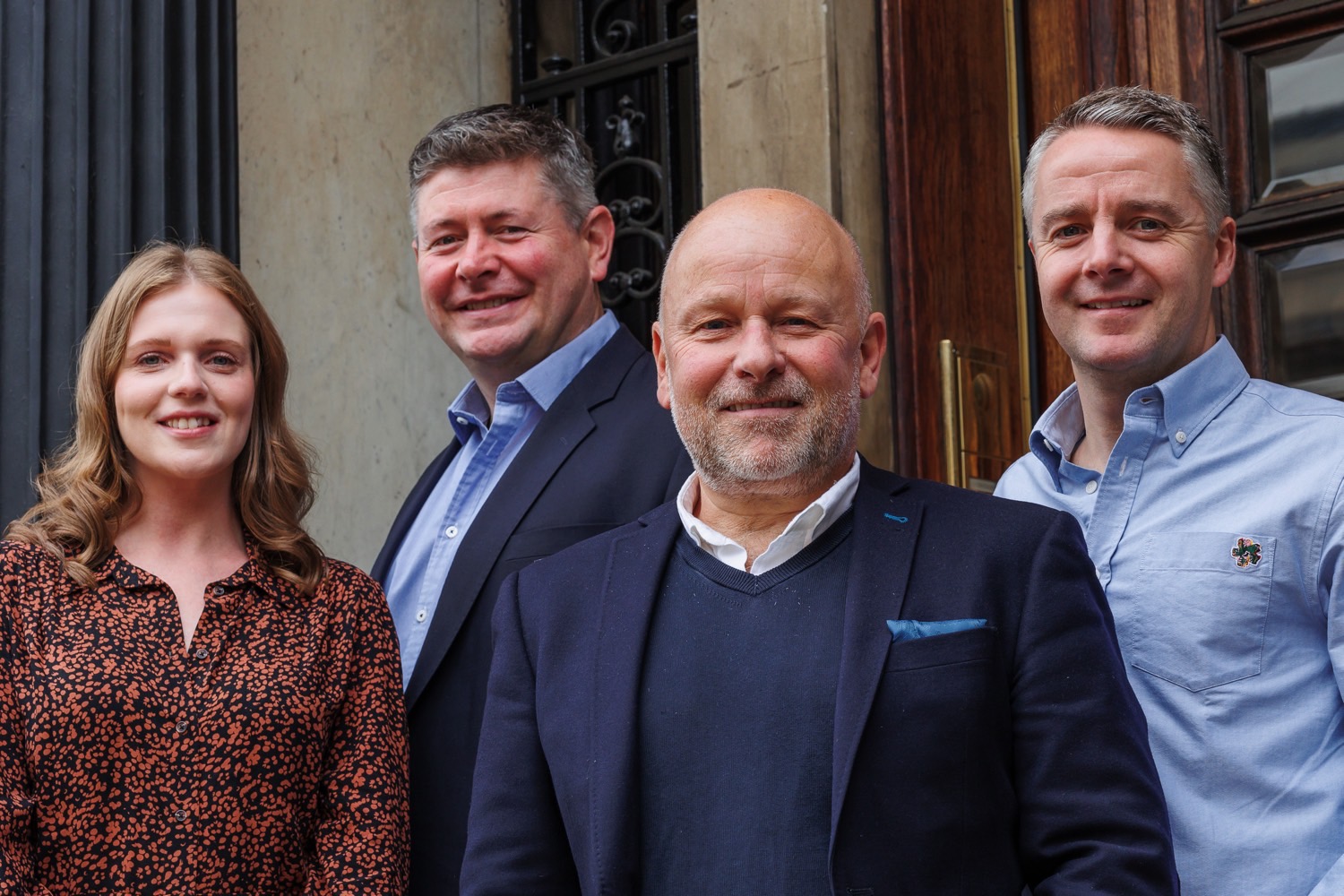







Experts in Executive Search
We are all about impact...
We are a market-leading executive search business with global reach, sector specialisms and functional expertise. We are focussed on the impact of each appointment we make and driven by the desire to help people and organisations realise their potential.
Contact Our Executive Search Specialists
We’d be delighted to provide further information. Get in touch with our team to find out how we can help you.
Featured Assignments...

Consultant Spotlight – Douglas Adam
Douglas has over 20 years’ experience in the recruitment industry. He joined Livingston James in 2014 to establish our Public and Not for Profit service offering, and specialises in executive search.
Livingston James Group is an employee owned business
We have become the first employee-owned business in our sector in Scotland.
Famous for excellence.
Our dynamic team has experience advising in a wide range of industries and sectors. We have led and developed businesses from board level, managing people and processes across countless specialisms and geographies. We can bring a unique perspective to your business needs.
Contact Our Executive Search Specialists
We’d be delighted to provide further information. Get in touch with our team to find out how we can help you.
Latest from the blog


Livingston James retained by Scotgrain to appoint new Commercial Manager
Scotgrain is now looking to appoint a new Commercial Manager to manage the successful operation of our Agrochemical and Agronomy business. This is an excellent opportunity for an experienced individual looking to work for a global business with a local feel.

Livingston James Retained by University of Strathclyde Student’s Union Association to Appoint Chief Executive
University of Strathclyde Strath Union Student Association (‘Strath Union’) has been the beating heart of activity for students on the Strathclyde campus since 1964 and exists to connect all students to ensure

Are Two CEO Heads Better Than One?
Kirsty Mclardy, Head of Research at Livingston James, felt it would be worthwhile exploring the pros and cons of considering Co-CEOs rather than a sole CEO in the current unprecedented, fast-moving and challenging market.

Livingston James retained by Scotgrain to appoint new Commercial Manager
Scotgrain is now looking to appoint a new Commercial Manager to manage the successful operation of our Agrochemical and Agronomy business. This is an excellent opportunity for an experienced individual looking to work for a global business with a local feel.

Livingston James Retained by University of Strathclyde Student’s Union Association to Appoint Chief Executive
University of Strathclyde Strath Union Student Association (‘Strath Union’) has been the beating heart of activity for students on the

Are Two CEO Heads Better Than One?
Kirsty Mclardy, Head of Research at Livingston James, felt it would be worthwhile exploring the pros and cons of considering Co-CEOs rather than a sole CEO in the current unprecedented, fast-moving and challenging market.












